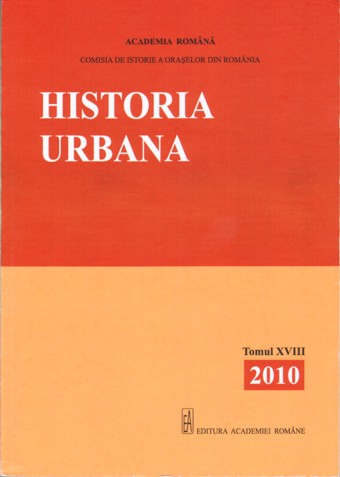Organizarea întreprinderilor caritabile din Sibiu în deceniile de după Reformă
The Organization of the Charitable Enterprises in Sibiu after the Reformation
Author(s): Julia DerzsiSubject(s): History
Published by: Editura Academiei Române
Keywords: poor-relief; early modern city; hospital; charitable foundation; poor box; urban household;
Summary/Abstract: The study gives a reading of the organization of the charitable enterprises and the settings of their financing in Sibiu after the Reformation. The investigation of the sources related to the charitable enterprises in Sibiu reveals two types of institutions by which the poor-relief was realized: (1) the persistence of the medieval hospitals: the Holy Spirit hospital and the leprosarium; (2) the establishment of new charitable foundations: the organization of the so-called custodians of alms and the poor box. In its social policy the city followed the trend of its times: being influenced by the Reformation, it tried to centralize the duties of the poor-relief by establishing a common fund. The establishing of a central deposit of social relief (the so-called poor box, located at the city hall) widened the area of the charitable duties (mostly in spite of an educational program: supporting the students abroad and founding the college), yet it did not mean financial transparency regarding the money used for the social policy. No balances were made of the amounts received and paid; the poor box was not completely separated from the city budget. Due to this fact the stock did not become an office, but remained a simple supplementary fund. The effectiveness of the effort to create a stable fund was probably also lessened by the perpetual lack of money, the poor box contributed to the conservation of the institutions inherited from the Middle Ages and to the diminishing of a productive control over them.
Journal: Historia Urbana
- Issue Year: XVIII/2010
- Issue No: 18
- Page Range: 63-76
- Page Count: 14
- Language: Romanian
- Content File-PDF

